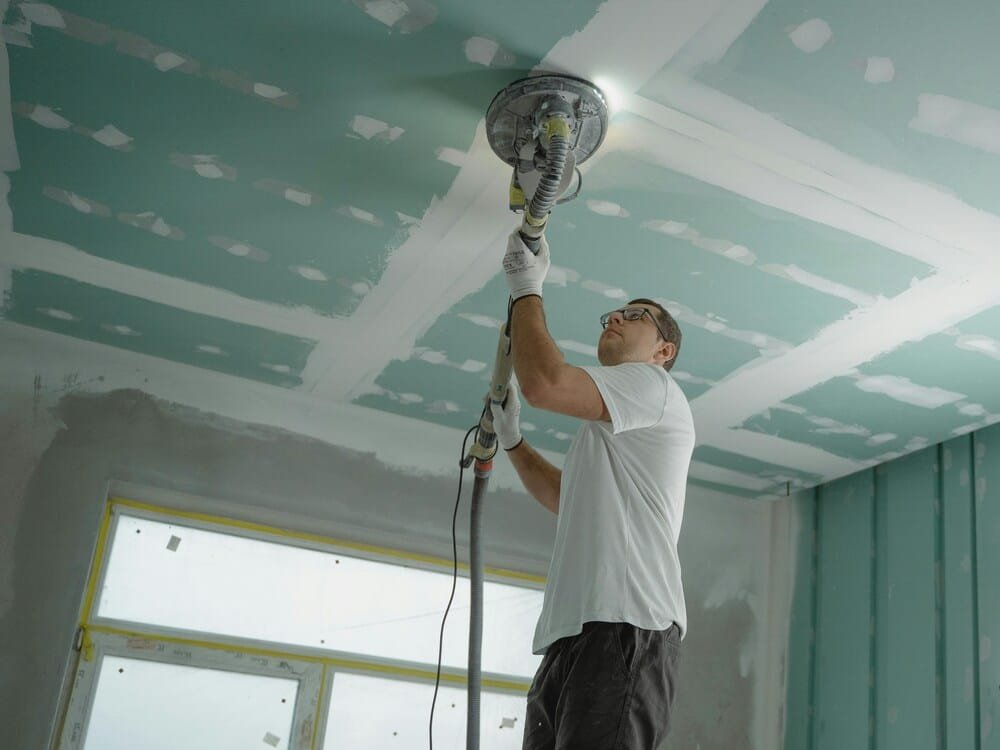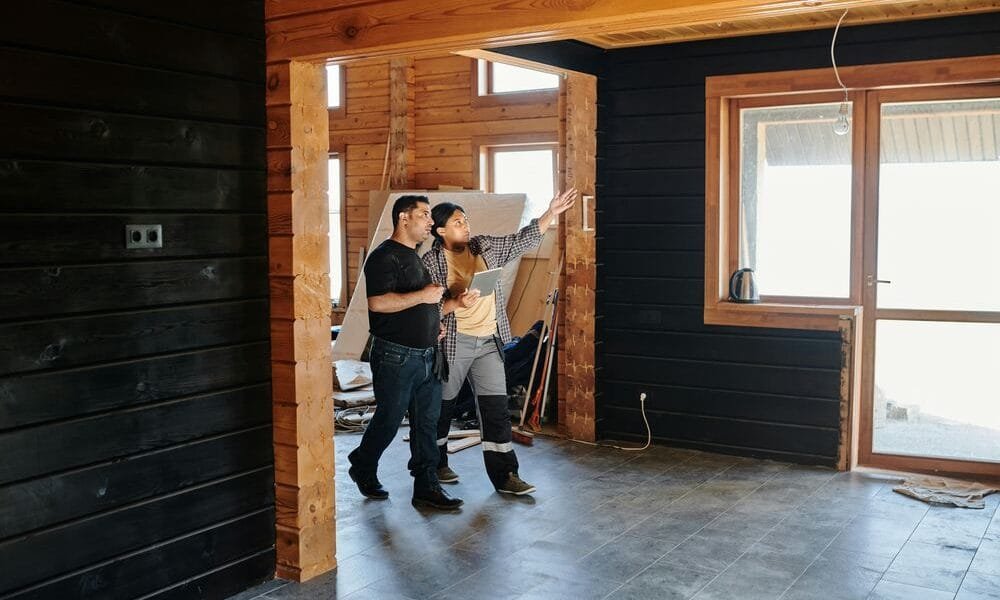When it comes to enhancing your living space, home improvement contractors play a crucial role. But what exactly is a home improvement contractor? In simple terms, they are professionals who specialize in renovating, repairing, and improving residential properties. Their expertise spans a wide range of services, from minor repairs to major renovations, ensuring that your home not only looks great but also functions efficiently.
Hiring a professional contractor can be a game-changer for your home improvement projects. While some homeowners may consider tackling renovations themselves, the benefits of hiring a contractor far outweigh the DIY approach. Professionals bring a wealth of experience, knowledge, and resources that can save you time, money, and stress. In this article, we will explore the various aspects of hiring a home improvement contractor, including their roles, the benefits they offer, common projects they handle, cost considerations, and tips for choosing the right contractor for your needs.
Understanding Home Improvement Contractors

What is a Home Improvement Contractor?
A home improvement contractor is a licensed professional who manages and executes renovation projects. Their scope of services can include:
- General renovations: Overseeing entire projects from start to finish.
- Specialty services: Focusing on specific areas like plumbing, electrical work, or roofing.
These contractors are essential for ensuring that projects are completed efficiently and to a high standard.
Types of Home Improvement Contractors
Home improvement contractors can be categorized into two main types:
General Contractors
General contractors are responsible for managing the overall project. They coordinate with various subcontractors, handle permits, and ensure that the work is completed on time and within budget. Their broad skill set allows them to oversee multiple aspects of a renovation.
Specialty Contractors
Specialty contractors focus on specific trades, such as:
- Plumbers: Experts in water supply and drainage systems.
- Electricians: Specialists in electrical installations and repairs.
- Roofers: Professionals who handle roofing projects.
These specialists bring in-depth knowledge and skills that are crucial for specific tasks within a renovation.
Legal Requirements
Before hiring a home improvement contractor, it’s essential to understand the legal requirements involved. Most states require contractors to be licensed, which ensures they meet specific standards of competency and professionalism. Additionally, contractors should carry liability insurance to protect you from potential damages during the project. Always verify their credentials and ensure they comply with local regulations to avoid any legal issues down the line.
Benefits of Hiring a Home Improvement Contractor
Expertise and Experience
One of the most significant advantages of hiring a home improvement contractor is their expertise and experience. These professionals have spent years honing their skills and understanding the nuances of various renovation projects. Their knowledge allows them to foresee potential challenges and address them proactively, ensuring a smoother renovation process.
Time Efficiency
Time is often a critical factor in home improvement projects. Contractors save you valuable time by leveraging their experience and resources. They know how to streamline processes, manage timelines, and coordinate with subcontractors effectively. This efficiency means you can enjoy your newly renovated space sooner rather than later.
Quality Assurance
When you hire a contractor, you can expect quality assurance in workmanship and materials. Professionals adhere to industry standards and best practices, ensuring that every aspect of the project meets high-quality benchmarks. This commitment to quality not only enhances the aesthetic appeal of your home but also contributes to its longevity.
Access to Resources
Home improvement contractors have established relationships with suppliers and subcontractors, giving them access to better pricing and quality materials. This network can lead to significant savings on your project, as contractors often receive discounts that are not available to the general public. Additionally, their connections can help you source high-quality materials that may not be readily available in local stores.
Common Home Improvement Projects
Remodeling Projects
Remodeling is one of the most popular home improvement projects. This can include:
- Kitchen renovations: Upgrading appliances, cabinets, and countertops.
- Bathroom remodels: Enhancing fixtures, tiles, and layouts.
These projects not only improve functionality but also increase the value of your home.
Additions and Extensions
If you’re looking to expand your living space, hiring a contractor for additions and extensions is essential. This can involve building new rooms, adding a second story, or expanding existing spaces. A contractor will ensure that the new construction blends seamlessly with your home’s existing structure.
Outdoor Improvements
Outdoor improvements can significantly enhance your home’s curb appeal and functionality. Common projects include:
- Landscaping: Designing and implementing gardens and outdoor spaces.
- Patios and decks: Creating outdoor living areas for relaxation and entertainment.
These enhancements can transform your backyard into a beautiful oasis.
Energy Efficiency Upgrades
In today’s eco-conscious world, many homeowners are opting for energy efficiency upgrades. This can involve installing energy-efficient windows, HVAC systems, or insulation. A contractor can guide you through the best options for your home, helping you save on energy costs while reducing your environmental footprint.
Cost Considerations
Understanding Pricing Structures
When hiring a home improvement contractor, it’s essential to understand their pricing structures. Contractors typically provide estimates based on the scope of work, materials needed, and labor costs. It’s crucial to discuss these details upfront to avoid any surprises later on.
Budgeting for Home Improvements
Setting a realistic budget is vital for any home improvement project. Here are some tips to help you manage your expenses:
- Research costs: Understand the average costs for your specific project.
- Include a buffer: Set aside extra funds for unexpected expenses.
- Prioritize needs vs. wants: Focus on essential improvements before considering luxury upgrades.
Potential Hidden Costs
Home renovations can sometimes come with hidden costs. These may include:
- Permit fees: Required for certain types of work.
- Unexpected repairs: Issues that arise once work begins, such as hidden water damage.
Discussing potential hidden costs with your contractor can help you prepare for any surprises.
How to Choose the Right Home Improvement Contractor
Researching Contractors
Finding the right contractor starts with researching your options. Look for contractors with positive reviews, strong references, and relevant experience. Websites, social media, and local directories can provide valuable insights into a contractor’s reputation.
Interviewing Potential Contractors
Once you’ve narrowed down your options, it’s time to interview potential contractors. Here are some key questions to ask:
- What is your experience with similar projects?
- Can you provide references from past clients?
- How do you handle unexpected issues during a project?
These questions will help you gauge their expertise and approach to work.
Getting Written Estimates
Before making a final decision, always request written estimates from your shortlisted contractors







